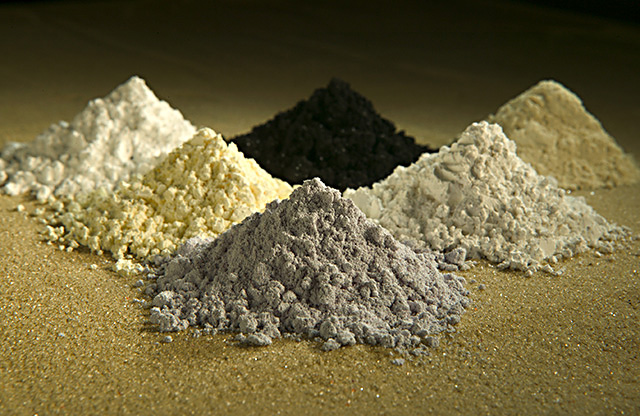U.S., allies seek China's rare earths trade resolution


The European Union, Japan, and United States have filed a trade dispute with the World Trade Organization (WTO) over China's export restrictions on rare earth minerals that are essential for clean energy technologies, in a process that could take years to produce results.
Rare earths are used to manufacture many staples of the modern world ranging from electronics, safer nuclear technology, hybrid cars, solar panels, and wind turbines to guided missiles. Rare earth prices have significantly impacted emerging energy markets.
The complainants are demanding that China remove all of its numerous export restrictions on rare earths. China lost its appeal on a separate trade case that WTO decided in January where China was found to be illegally restricting rare earths supply.
That action was filed in 2009 by the European Union, Mexico, and the United States. China can be sanctioned if it doesn’t abide by the ruling, which is equivalent to a legal judgment in the United States. That process would take up to 18 months.
“It was Chinese mercantilism at its best: a straightforward, illegal, aggressive effort to manipulate the global market for raw materials, and they lost appropriately,” UCLA law professor Richard Steinberg said in a recent interview.
China’s handling of rare earth exports are indefensible and violate trade rules that date back to 1947, Steinberg noted. China joined the WTO in Nov. 2001, where it has been on the giving and receiving end of trade complaints.
With this latest action, China will be given 60 days to try its hand at the WTO's dispute settlement system to before the WTO proceeds with any litigation against it. A resolution could conceivably take years, and China has retaliated against Japan and U.S. with export bans for raising the issue last year.
President Obama put the weight of the White House behind today's complaint, stating that China should allow the market to work on its own and follow the trade rules that it agreed to. Obama suggested that China was attempting to gain an unfair advantage in the clean energy market.
The President also weaved his election year stump speech into his remarks, promoting an even playing field for U.S. manufacturing, which he said is key to the creation of more middle class jobs.
In the interim, Chinese solar manufacturers have gained a competitive advantage in the solar market through lower materials costs. Materials represent the bulk of the cost of a photovoltaic module. U.S. manufactures have levied trade complaints alleging unfair competition from China.
Here is a video of the President saving a statement to the press:
Related on SmartPlanet:
- China bans rare earth exports to U.S.
- WTO rules against China's rare earths stockpiling
- Obama administration digs into China’s rare earth monopoly
- Uncle Sam orders military to only buy American
- Politicians grapple over U.S’s ability to compete in renewables
- U.S. solar manufacturers take aim against Chinese imports
- U.S. solar manufactures back cheap Chinese imports
- Trade complaints rife in renewable energy marketplace
- Why safe nuclear will rely on rare earth minerals
- Largest U.S. rare earths mine back open for business
This post was originally published on Smartplanet.com